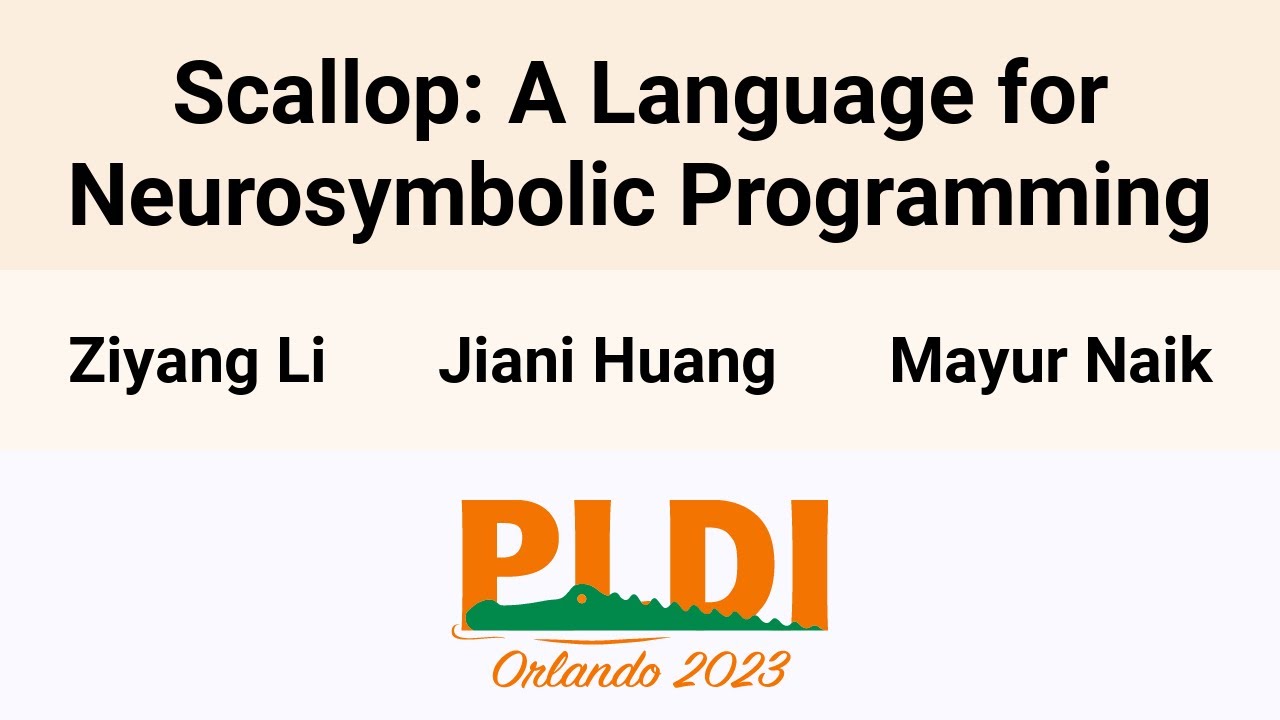

jujutsu is a fresh take on git-- you describe the work you’re about to do with jj new -m 'message'. Do the work. Anything not previously ignored in .gitignore is ready to commit with jj ci. You don’t have to git add anything. No futzing with stashes to switch or refocus work. Need that file back? jj restore FILENAME.









This is true. But at
jj ciyou’re plonked into an editor and can change the description.